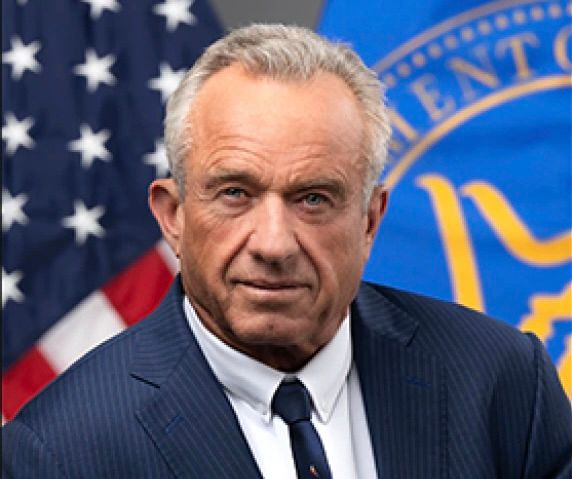
Robert F. Kennedy Jr. has sparked widespread criticism from the medical and public health communities after dismissing all 17 members of the Advisory Committee on Immunization Practices (ACIP), a key body responsible for guiding national vaccine policies.
The ACIP, which operates under the Centers for Disease Control and Prevention (CDC), plays a central role in evaluating and recommending vaccine schedules for children and adults in the United States. Its members are typically experts in infectious diseases, immunology, pediatrics, and public health.
Healthcare leaders have condemned the decision, arguing that it undermines decades of evidence-based policymaking and could erode public confidence in immunization programs. Critics fear the removal of experienced scientists and medical professionals may compromise the integrity of vaccine guidance and impact the nation’s response to infectious disease threats.
“This move is deeply concerning,” said Dr. Rachel Levine, Assistant Secretary for Health at the Department of Health and Human Services. “By removing the very people who provide scientific insight and trusted recommendations, we risk damaging public trust and compromising health outcomes.”
Robert F. Kennedy Jr., known for his controversial stance on vaccines and long-standing involvement in the anti-vaccine movement, has not officially commented on plans to replace the ACIP members or restructure the committee.
Public health advocates warn that politicizing vaccine recommendations could have serious repercussions, especially amid growing global concerns about emerging diseases and outbreaks of previously controlled illnesses such as measles.
The future of the ACIP and the direction of U.S. vaccine policy remain uncertain. Experts are calling on the administration to ensure any new appointments are based on scientific qualifications and uphold the rigorous standards that have historically guided the nation’s immunization practices.
Source: https:// – Courtesy of the original publisher.








